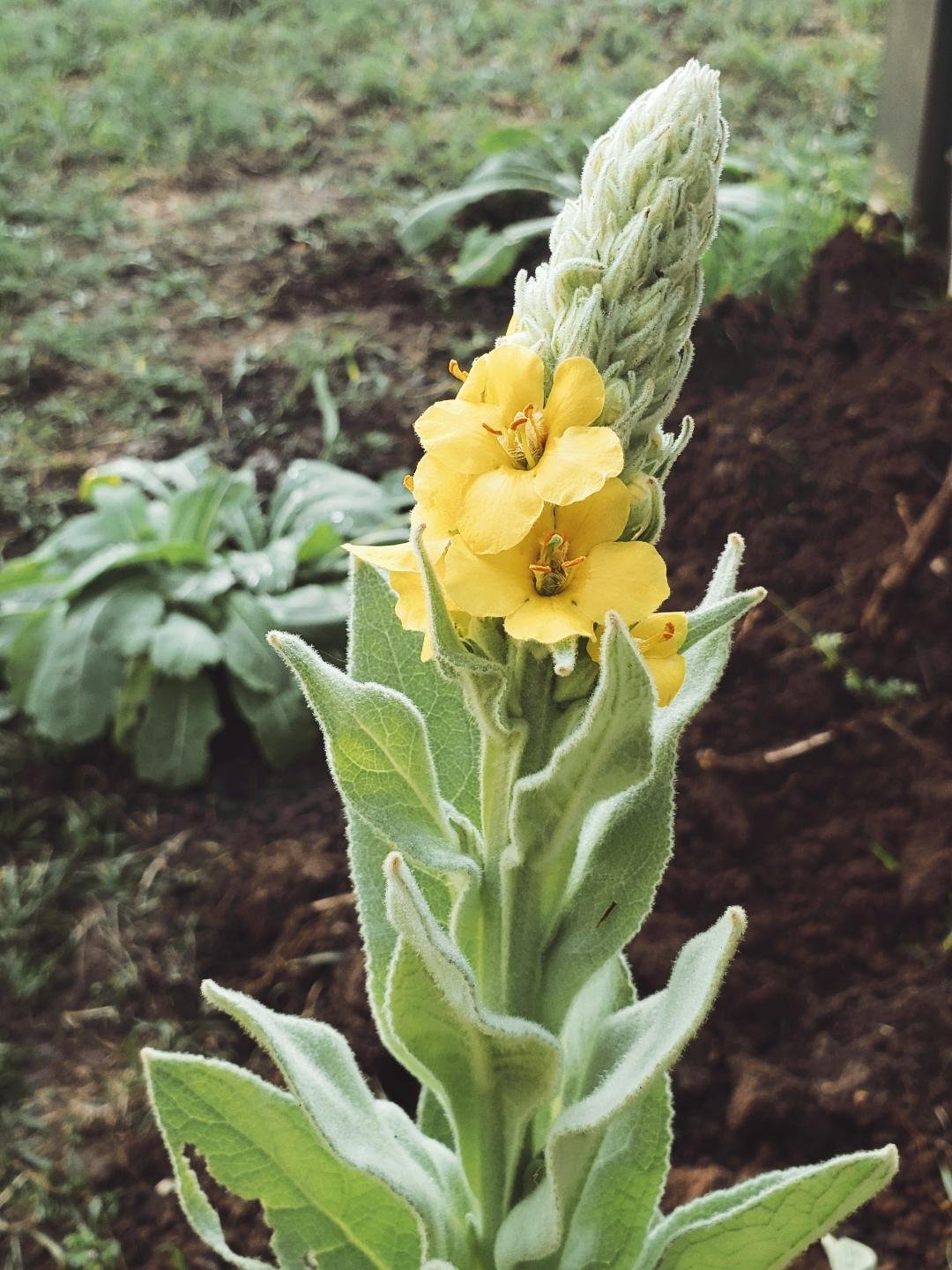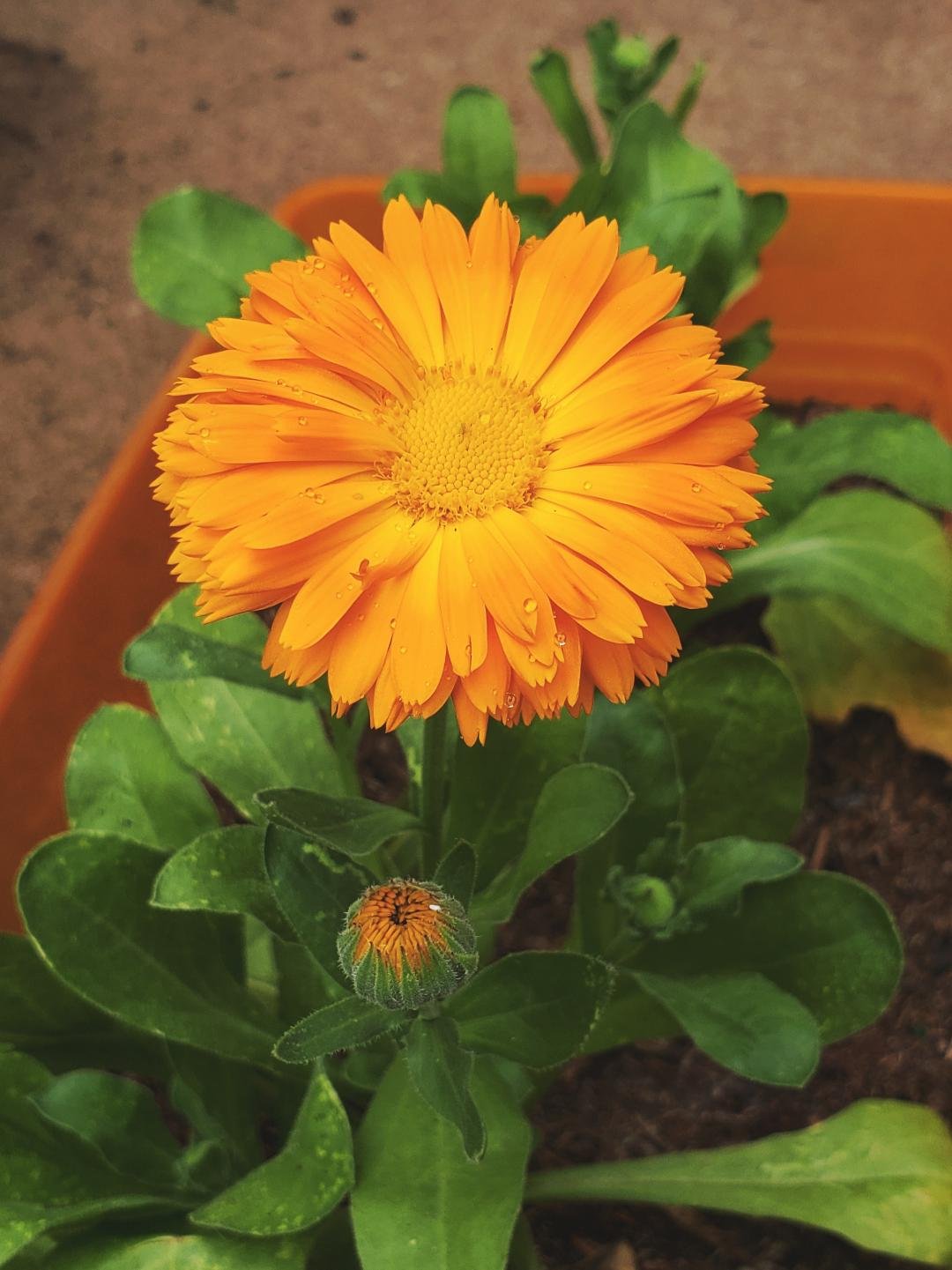Intro to Herbalism 101
Welcome to Intro to Herbalism 101!
Are you fascinated by the world of natural healing? Do you want to tap into the age-old wisdom of herbs and their potent benefits? Welcome to Intro to Herbalism 101 - your gateway to understanding and harnessing the incredible power of herbs!
This course is designed to introduce beginners to the foundational concepts and practices of herbalism. You will learn herbal terminology, safety guidelines, basic principles of herbal energetics, safe and sustainable foraging practices, information about 15 of the most commonly worked with herbs and the basics of making herbal medicine.
Here is what you will learn:
-
Course Introduction:
Overview of the course objectives and structure.
Importance and benefits of herbalism.
- Herbal Terminology
Introduction to common herbal terms (e.g., preparations, actions, energetics, etc.).
Understanding plant nomenclature: common names vs. botanical names.
Glossary of key herbal terms for reference.
-Resources
Recommended book and supply list.
Online resources and communities for herbalists.
-
- Herbal Safety Guidelines
Importance of proper identification and sourcing.
Safe dosage and administration of herbs.
Potential herb-drug interactions and contraindications.
Understanding individual sensitivities and allergies.
-
- Introduction to Energetics
Understanding the concept of energetics in herbalism (e.g., warm, cool, dry, moist, tone, lax).
How energetics relate to the body’s constitution and imbalance.
- Practical Applications
Matching herbs to individual needs based on energetic principles.
Practice examples.
-
- Foraging Fundamentals
Introduction to ethical and safe foraging practices.
Tools and equipment recommended for foraging.
- Plant Identification
Using field guides and plant identification apps.
Common edible and medicinal plants.
- Foraging Etiquette
Respect for public and private lands.
Leave no trace principles.
Conservation practices and respect for nature.
Avoiding endangered species and overharvesting.
Understanding and following local regulations.
-
A quick and easy overview of commonly worked with herbs:
Plantain
Calendula
Chamomile
Tulsi
Dandelion
Burdock
Nettle
Yarrow
Ginger
Echinacea
Elderberry
St. John’s Wort
Passionflower
Lemon balm
Rose
-
- Introduction to Herbal Preparations
Overview of different types of herbal preparations (tinctures, teas, salves, syrups, etc.).
- Hands-on Medicine Making
·Step-by-step guide to making basic herbal remedies:
Tinctures
Infusions and Decoctions
Vinegars and Oxymels
Syrups
Oil infusions
Salves and Balms
- Storage and Shelf Life
Proper storage techniques for herbal preparations.
Understanding shelf life and signs of spoilage.
-
-Course Project & Chat
·Course project: Create a personalized herbal remedy based on what you have learned.
Sharing experiences and learnings from the project – Live chat session about what you’ve learned and how your herbal preparation is working for you.
*This course outline is not definitive and may change as I’m navigating through the process of creating the course.
Ready to Embark on Your Herbal Journey?
Get on the waitlist for Intro to Herbalism 101 today and get ready to start your adventure into the world of natural healing. Reconnect with nature, empower yourself with knowledge and embrace a healthier, more holistic lifestyle.








